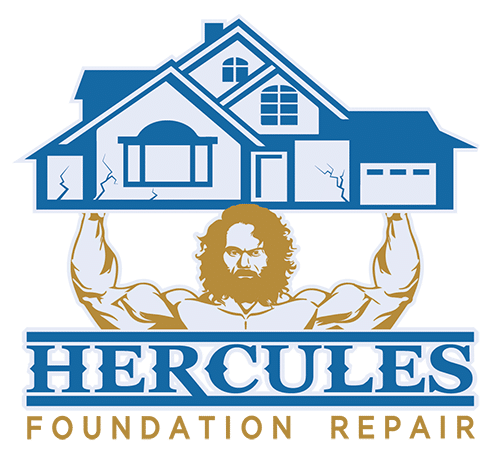Understand Why Your Floor May Be Sinking
Your home is a place where you should feel well protected from danger, but that feeling of security can be shaken if you notice your floors aren’t as level as they used to be. Perhaps there’s a slight tilt that wasn’t there before, or a rolling pencil seems to make its way across the room a little too easily.
These situations are easy to brush off. Maybe you think it’s just part of living in an older house — but could it actually be a sign of something bigger?
At Hercules Foundation Repair, we’ve seen it all, and if your floor’s not level, it might be more than just a unique quirk. Let’s dive into what sloping floors could mean for your home’s foundation and when you should take action.
Why Are My Floors Not Level?
There are several reasons your floors may be uneven, and not all of them mean your foundation is at risk. One common culprit is the natural settling of a home. Over time, the ground beneath your house can shift, causing your floors to sink or slope. This is especially common in areas like San Antonio, where the soil expands and contracts with changes in moisture.
However, sometimes uneven floors are trying to warn you. Soil erosion, water damage or even tree roots creeping into places they shouldn’t be can all cause your foundation to move. The evidence of that movement can then show up on your floors and spell out greater trouble for your home.
Are Sloping Floors In An Old House Normal?
If you live in an older home, you may assume that sloping floors are just part of its charm. After all, homes naturally settle over time, and a few creaky, uneven spots may not seem like a big deal.
However, while sloping floors in an old house are more common, that doesn’t mean they should always be ignored. It’s important to understand what circumstances suggest your foundation has been compromised. With this knowledge, you’ll be able to act quickly and call a professional to address your concerns.
When To Worry: Signs Your Floor Might Indicate Foundation Problems
While minor unevenness can be harmless, there are certain warning signs that should make you take notice. Here are a few red flags that your sloping floor could be tied to foundation issues:
- Cracked walls or ceilings — If cracks are forming alongside your sloping floors, it may signal that your foundation is shifting unevenly.
- Sticking doors and windows — Difficulty opening or closing your doors and windows can indicate that the foundation is moving and creating tension in the framing.
- Gaps between the floor and baseboards — A visible separation between your floors and walls often points to more serious structural movement.
If any of these signs are present, it’s time to investigate further. The longer foundation issues go unchecked, the more severe and costly they become. At Hercules Foundation Repair, we’ll be able to inspect your property and make informed recommendations about next steps.
How Foundation Problems Affect Your Home’s Value
Your home is one of your most valuable investments, and foundation problems can significantly impact its long-term value. It can affect everything from resale value to your insurance rates, and potential buyers are often wary of homes with known structural issues.
Fixing these problems now can save you a lot of headaches down the road and ensure your home remains safe and sound.
Call Us To Handle Sloping Floors In San Antonio
If you’re dealing with sloping floors, the first step is to get a professional foundation inspection. At Hercules Foundation Repair, we specialize in identifying the cause of the problem and providing reliable, lasting solutions. Whether it’s stabilizing your foundation or reinforcing damaged areas, our team has the experience and expertise to protect your home.



